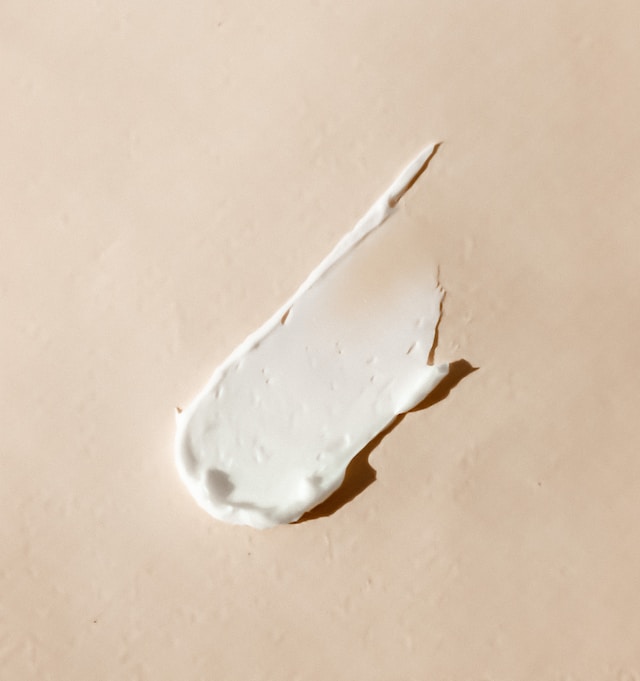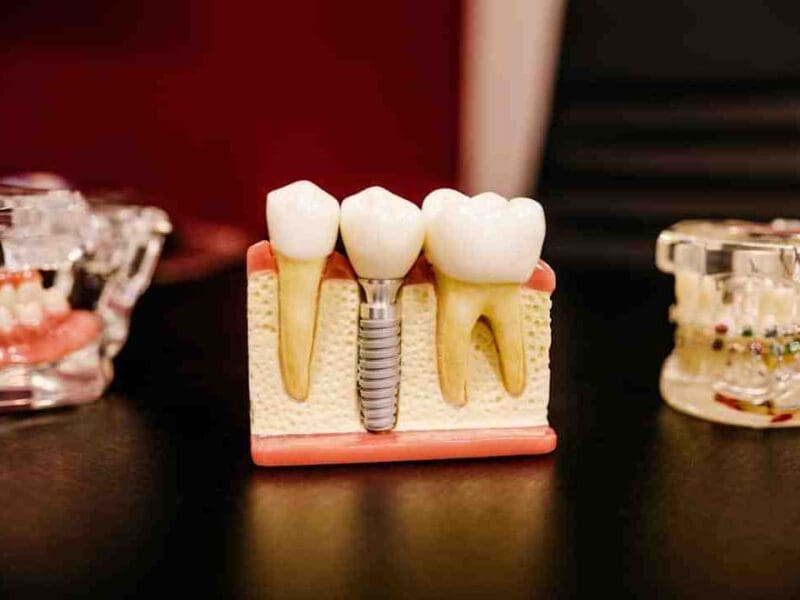
How to Build a Skincare Routine for Acne-Prone Skin
People with acne-prone skin often struggle to find the right skincare regimen that addresses their unique needs. Tailoring a skincare routine specifically for acne-prone skin not only helps manage breakouts but also improves overall skin health and appearance. This comprehensive guide will cover the essentials of building effective skincare for acne-prone skin and discuss the benefits of incorporating specific treatments, such as red light therapy.
Know Your Skin Type
Before you can create an effective skincare routine, it’s crucial to identify your skin type. Acne-prone skin is characterized by frequent breakouts, clogged pores, and inflammation. By understanding the common concerns associated with this skin type, you can make informed decisions about the products and treatments you incorporate into your routine.
Essential Components of an Acne-Prone Skincare Routine
Gentle Cleansing
Daily cleansing plays a vital role in maintaining skin health, especially for those with acne-prone skin. Opting for a gentle, non-comedogenic cleanser can help remove dirt, oil, and impurities without aggravating your skin. Remember to cleanse your face both in the morning and at night, taking care not to over-wash or use harsh scrubbing motions.
Exfoliation
Incorporating exfoliation into your skincare routine is highly beneficial for acne-prone skin, as it can help unclog pores and promote cell turnover. Two types of exfoliants exist: chemical and physical. While both can be effective, chemical exfoliants, such as salicylic or glycolic acid, tend to be gentler on acne-prone skin. It’s essential to exfoliate responsibly, limiting this practice to once or twice a week to avoid over-exfoliating and causing irritation.
Moisturizing
Many people with acne-prone skin mistakenly believe that they should avoid moisturizers. However, all skin types require hydration to function optimally. When selecting a moisturizer, opt for oil-free and non-comedogenic formulas that won’t clog pores. By maintaining proper hydration, you’ll help support your skin’s natural barrier and promote healing.
Sun Protection
Sunscreen is a crucial component of any skincare routine, including for those with acne-prone skin. Daily sun protection can help prevent hyperpigmentation and scarring caused by acne. When choosing a sunscreen, look for non-comedogenic and broad-spectrum formulas with at least SPF 30.
Targeted Treatments for Acne-Prone Skin
Topical Treatments
For acne-prone skin, several over-the-counter and prescription topical treatments can help combat breakouts. Key ingredients to look for include benzoyl peroxide, salicylic acid, and retinoids. Remember to consult with a dermatologist or healthcare professional before starting any new treatments, as they can help guide you toward the most effective options for your skin.
Red Light Therapy
One innovative acne treatment option is red light therapy. This non-invasive treatment involves exposing the skin to specific wavelengths of red light, which have been shown to reduce inflammation and promote healing. By using a red light therapy wand, individuals with acne-prone skin can experience the benefits of this cutting-edge therapy.
Red light therapy has several benefits when it comes to treating acne:
- Decreased inflammation – Inflammation is one of the leading causes of acne, and red light therapy has been shown to reduce it, which can lead to fewer breakouts.
- Accelerated healing – The red light wavelengths penetrate deep into the skin, promoting cellular healing and reducing the appearance of scars and redness.
- Non-invasive – Unlike other acne treatments that can be harsh on the skin, red light therapy is non-invasive and gentle, making it a great option for those with sensitive skin.
- Easy to incorporate into your routine – Incorporating red light therapy for acne treatment into your routine is simple: follow the manufacturer’s guidelines for usage and always cleanse your skin before each session.
Red light therapy is a promising option for those looking to treat their acne without harsh chemicals or invasions. With its non-invasive nature and potential benefits, it’s worth considering as part of a comprehensive skincare routine. It’s important to note that it’s always best to consult with a dermatologist to determine if red light therapy is right for you and to discuss the best course of treatment.
Lifestyle Considerations for Acne-Prone Skin
Diet and Nutrition
The relationship between diet and acne remains a topic of ongoing research. However, some studies suggest that consuming a diet rich in whole foods, low in refined sugars, and high in omega-3 fatty acids may help support skin health. Consider incorporating foods like leafy greens, berries, and fatty fish into your meals, while minimizing your intake of sugary, processed foods. Maintaining a balanced diet not only benefits your skin but also contributes to your overall well-being.
Stress Management
Stress can have a significant impact on the severity of acne breakouts. Adopting effective stress management strategies can help support your skin’s health and minimize the frequency and intensity of breakouts. Techniques such as deep breathing, meditation, and regular exercise can help reduce stress levels and promote a sense of calm.
Sleep and Acne
Adequate sleep is essential for maintaining healthy skin, as it allows your body to repair and regenerate damaged cells. Establishing a consistent sleep schedule and creating a relaxing bedtime routine can help improve sleep quality, ultimately benefiting your skin. Aim for seven to nine hours of sleep per night to ensure your body has the necessary time to rejuvenate.
Putting It All Together
Building a personalized skincare routine for acne-prone skin involves carefully selecting products and treatments that address your unique concerns. By incorporating gentle cleansing, exfoliation, moisturizing, sun protection, and targeted treatments like red light therapy, you can create a regimen that effectively manages breakouts and supports overall skin health.
As you begin implementing your new skincare routine, it’s essential to monitor your skin’s progress and adjust your regimen accordingly. If you notice an increase in irritation or breakouts, consider reassessing your product choices or consulting with a dermatologist for guidance. Remaining attentive to your skin’s needs and adapting your routine as necessary will help you achieve the healthy, clear complexion you desire.
Tailoring a skincare routine specifically for acne-prone skin is crucial in managing breakouts and improving overall skin health. By incorporating essential components, targeted treatments like red light therapy, and addressing lifestyle factors, you can effectively address the unique needs of acne-prone skin and experience the benefits of a customized skincare regimen.
If you’re in Maspeth, you may consider visiting Maspeth urgent care
for professional guidance and treatment options for your acne-prone
skin. They can provide expert advice on skincare routines, recommend
suitable products, and offer specialized treatments to help you
achieve clearer and healthier skin. With their assistance, you can
optimize your skincare routine and take proactive steps towards
managing acne effectively.







